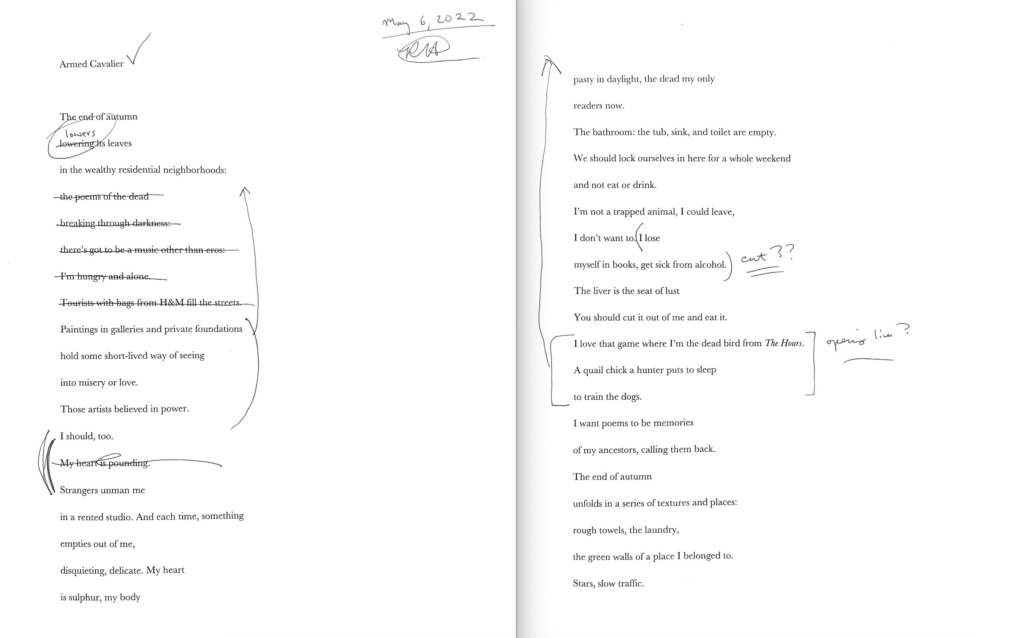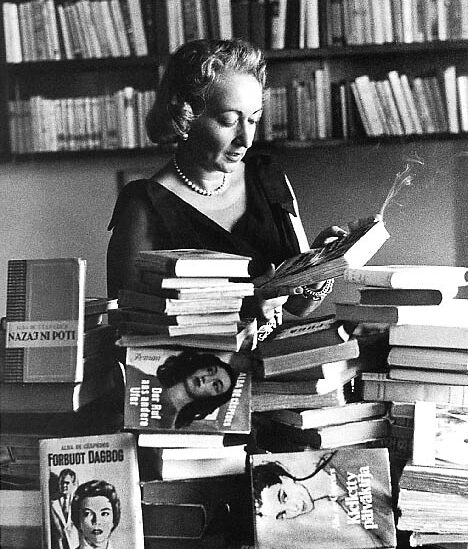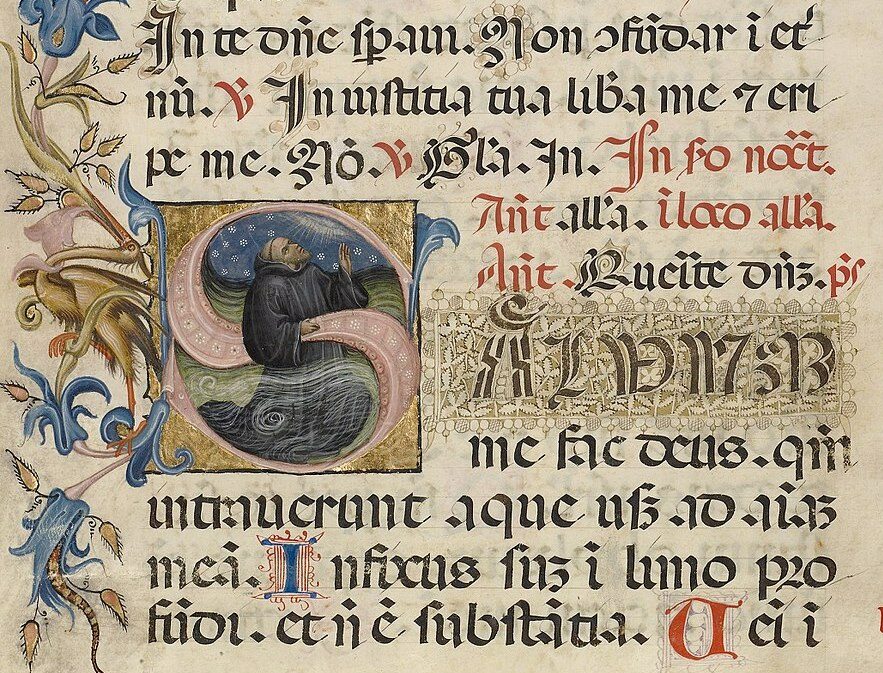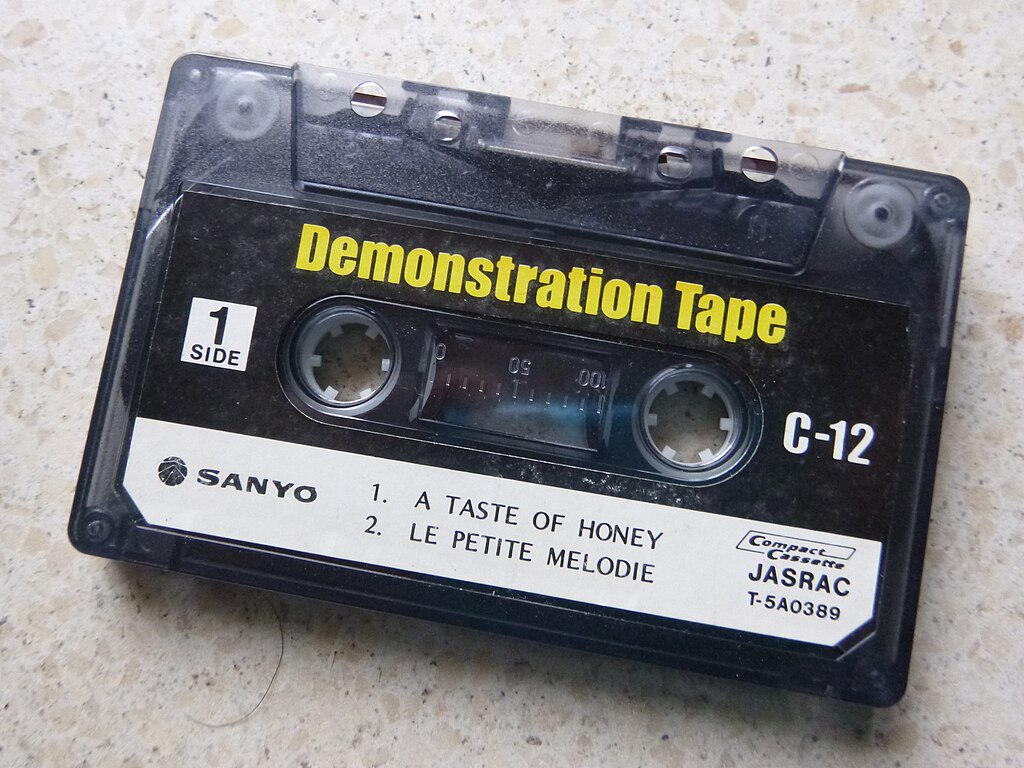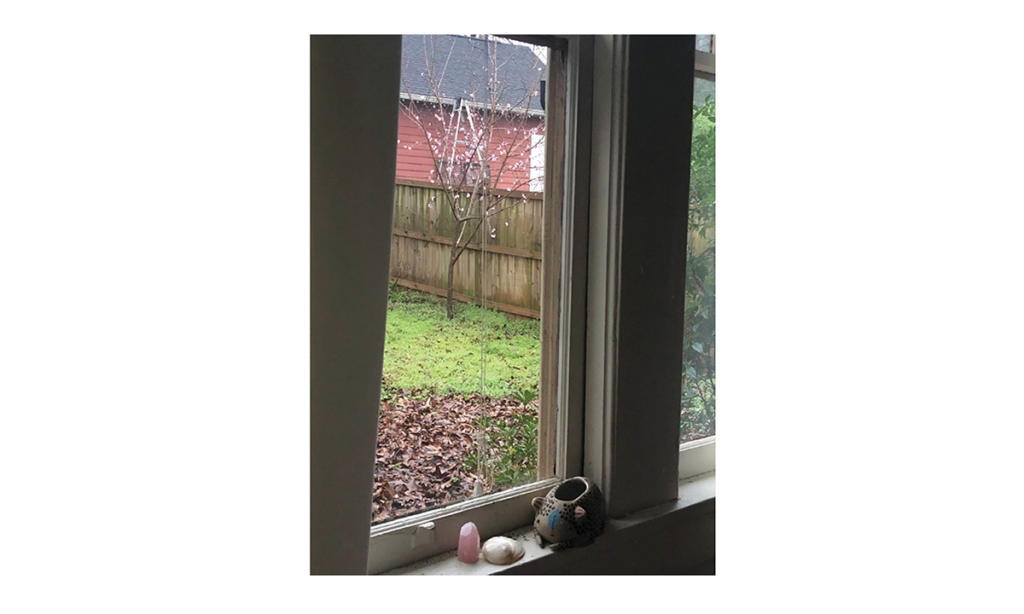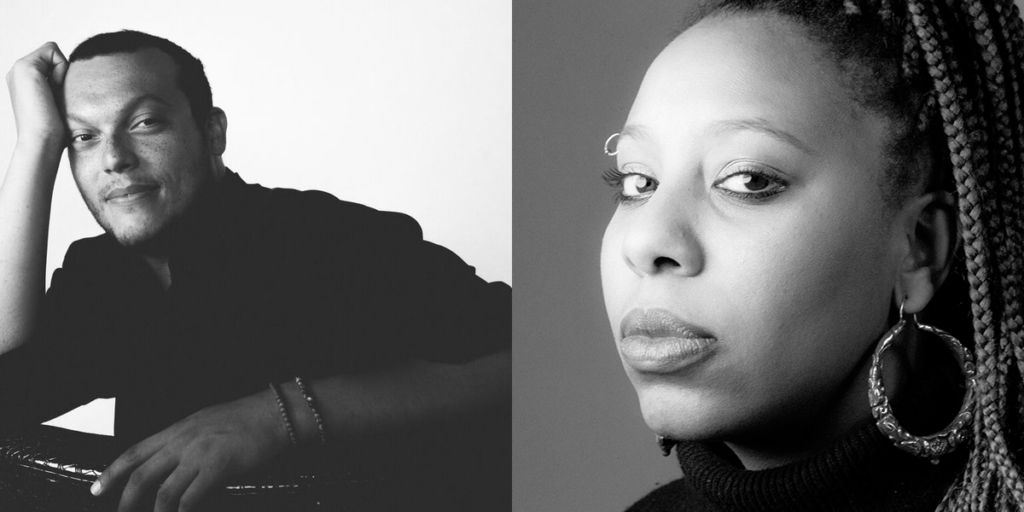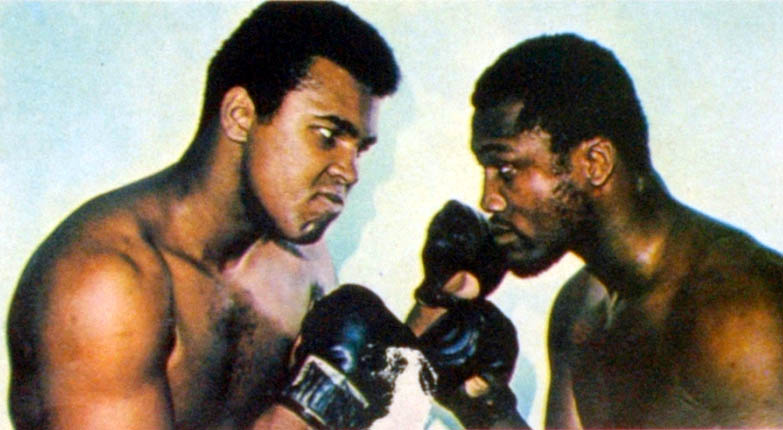It’s been a little over a week since the publication of Elliot Page’s memoir, Pageboy, and the haters have settled in on Goodreads. This isn’t surprising. Page is perhaps the most publicly visible trans celebrity to publish a memoir in recent memory. What’s more, though he does write about his career in Hollywood, the making of movies like Juno and Whip It, and his relationships with famous actors, in many ways, the book is not a traditional celebrity memoir. Pageboy is an intimate, vulnerable, and poetic coming-into-self story about one trans man’s deeply personal and specific journey. It’s not a chronological story, either — it’s a queerly beautiful collection of memories and moments. Page moves around in time, skipping from childhood to the near-present to his early acting career and back. This nonlinear structure will feel bone-deep true to many queer and trans readers. It certainly felt like home to me.
It’s also what some readers seem to have such a problem with. After finishing the book, completely delighted by the inherent queerness of this structure, and with a queasy feeling in my gut that people were going to hate it, I spent about seven minutes scrolling through Goodreads. I did not read every review, but seven minutes was enough to confirm my suspicions. There are, happily, many glowing reviews. But the theme of the negative reviews is consistent: Why couldn’t he have told this story chronologically? It was so confusing to keep track of the timeline! I couldn’t make sense of the nonlinear structure. None of these are actual quotes — I’m paraphrasing from lots of reviews.
What’s even more telling is the surprising number of positive reviews with a caveat. I read several four-star reviews praising Page’s writing and honesty, exclaiming how much they enjoyed the book on a whole and then — but why did he have to tell it this way? It would have been so much better and easier to follow if it has been told chronologically. Again, I’m paraphrasing.
Before we get into it, I have to ask — did we read the same book? Because, readers, Page explains it in the third paragraph of the author’s note. The third paragraph. He literally could not be more clear about why he wrote the book the way he did:
“These memories shape a nonlinear narrative, because queerness is intrinsically nonlinear, journeys that bend and wind. Two steps forward, one step back. I’ve spent much of my life chipping away toward the truth, while terrified to cause a collapse. This is reflected on the page intentionally. In many ways, this book is the story of my untangling.”
Copyright
© Book Riot






